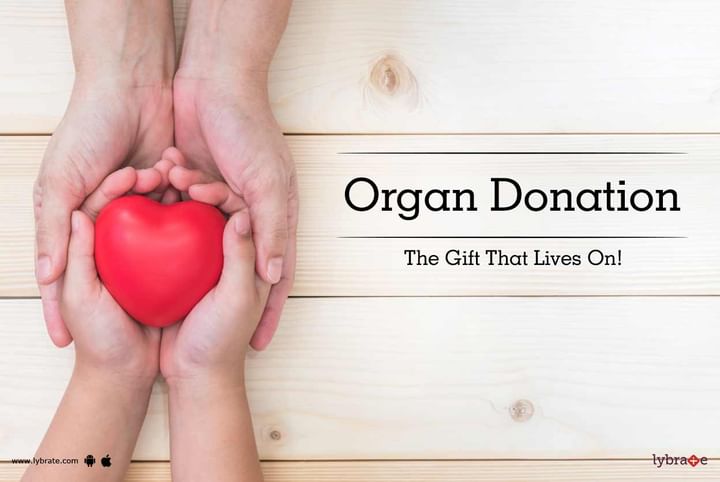Get the App
For Doctors
Login/Sign-up
Last Updated: Oct 23, 2019
BookMark
Report
Organ Donation - The Gift That Lives On!
When you decide to donate an organ that could make someone normal again, you are actually giving the gift of life, even after you are long gone. Organ donation is the preservation of organs after someone's death, and a cause supported by many people around the world.
Read on to find out everything there is to know about organ donation!
- What is Organ Donation?: Organ donation is the process of pledging your organs through recognised institutions, so that the same may be used after your demise. This pledge usually allows the transplant of healthy organs as well as tissue that can be used to benefit someone who has been going through life without the said organs or without properly functioning ones. While some donations like the kidney as well as some part of the lungs can be done while the donor is still living, most of these transplants happen after the person's death.
- Types of Donation: There are three ways in which one can donate organs. The first is brain stem method where the person's brain activity has stopped due to an injury. In such a case, the heart and other organs may still be working due to life support system like a ventilator. The next method is circulatory death where a cardiac arrest gives rise to the complete loss of function in one's heart and lungs, which can lead to a state where the person cannot be revived. The third kind is living donation like kidney transplant or a small section of one's liver or lungs.
- Importance of Organ Donation: The importance of organ donation cannot be stressed enough. This potentially lifesaving act can help in bringing back someone's sight or give them a heart that beats normally. With organ donation like kidney transplant, one will not need to go through dialysis again. Also, organ donation can save much time, money and effort in painful treatments and give the person a whole new lease of life. It is also important because it ensures that the vital organs are used by a needy person even after the death of the donor.
- Importance of Physical Health: The physical health of the person is important in such cases because the donation should not have negative implications for the wellbeing of the patient. Through a system of donor assessment, the donor is checked for infections and other ailments including HIV so that the same are not passed on to the patient.
- Organs that you can donate: Starting from the eyes to the kidney, lungs, heart, pancreas, intestines, bones, as well as bone marrow and even the skin and corneas, one can donate a number of organs. If you wish to discuss any specific problem, you can consult a general physician.



+1.svg)
